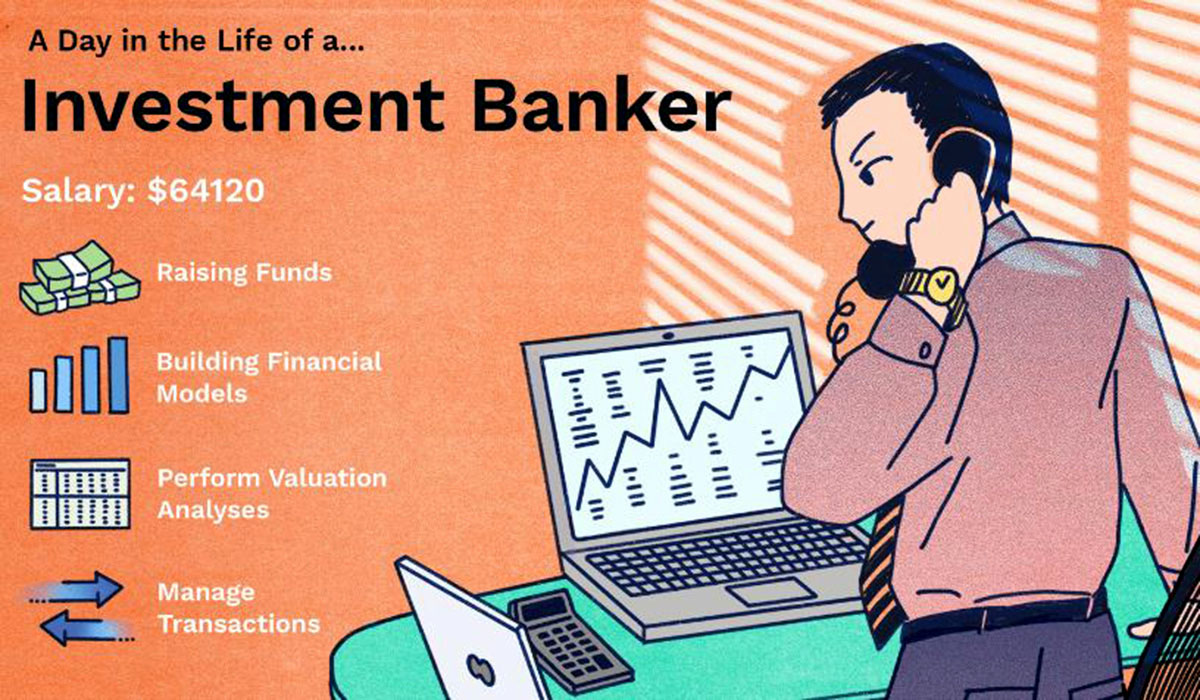

Finance
Hard Landing Definition
Published: December 4, 2023
Discover the meaning of a hard landing in finance and its implications. Gain insights into the risks and challenges associated with a hard landing scenario.
(Many of the links in this article redirect to a specific reviewed product. Your purchase of these products through affiliate links helps to generate commission for LiveWell, at no extra cost. Learn more)
The Definition and Impact of a Hard Landing in Finance
Welcome to our Finance category, where we explore various aspects of the financial world. In today’s blog post, we will delve into the concept of a hard landing in finance. What does this term mean, and how does it affect the economy? We will answer these questions and more. So, buckle up and let’s explore the world of hard landings!
Key Takeaways:
- A hard landing refers to an abrupt economic downturn characterized by a significant decline in economic growth.
- It can be triggered by various factors, such as a bursting asset bubble, tightening monetary policy, or external shocks to the economy.
What is a Hard Landing?
A hard landing in finance is an economic scenario where there is a sudden and dramatic decline in economic growth. It is often characterized by a sharp contraction in GDP, rising unemployment rates, and a decline in consumer and business spending. A hard landing is typically more severe and abrupt than a soft landing, which involves a gradual slowdown in growth.
Think of a hard landing as a bumpy and turbulent landing for an airplane. Instead of smoothly gliding into the runway, the plane crashes down abruptly, causing unease and turbulence. Similarly, in finance, a hard landing creates volatility and uncertainty in the economy.
Hard landings can occur due to various factors, including:
- Asset Bubble Burst: When there is a rapid rise in asset prices, such as real estate or stocks, and it suddenly bursts due to factors like overvaluation or excessive speculation, it can trigger a hard landing as the wealth effect dissipates, and confidence in the economy deteriorates.
- Tightening Monetary Policy: Central banks sometimes raise interest rates or reduce money supply to control inflation. However, if this tightening of monetary policy is excessive or mistimed, it can lead to a rapid economic slowdown and a hard landing.
- External Shocks: Unexpected events like wars, natural disasters, or global economic crises can significantly disrupt the economy, causing a hard landing as businesses struggle to cope with unexpected challenges.
Impact of a Hard Landing:
A hard landing can have far-reaching consequences for individuals, businesses, and the overall economy. Some of the impacts include:
- Job Losses: A decline in economic growth often leads to layoffs and rising unemployment rates as businesses struggle to cut costs and reduce their workforce.
- Business Contractions: Companies may face reduced sales, declining profits, and a slowdown in investment as consumers tighten their belts and spending decreases.
- Market Volatility: Financial markets can experience increased volatility, with stock prices plummeting, bond yields rising, and currency values fluctuating as investors react to the economic downturn.
In conclusion, a hard landing in finance represents a sudden and severe economic downturn. It can be triggered by factors like asset bubble bursts, tightening monetary policy, or unexpected external shocks. Understanding the concept of a hard landing and its potential impact is crucial for individuals and businesses alike to navigate through challenging economic times.














